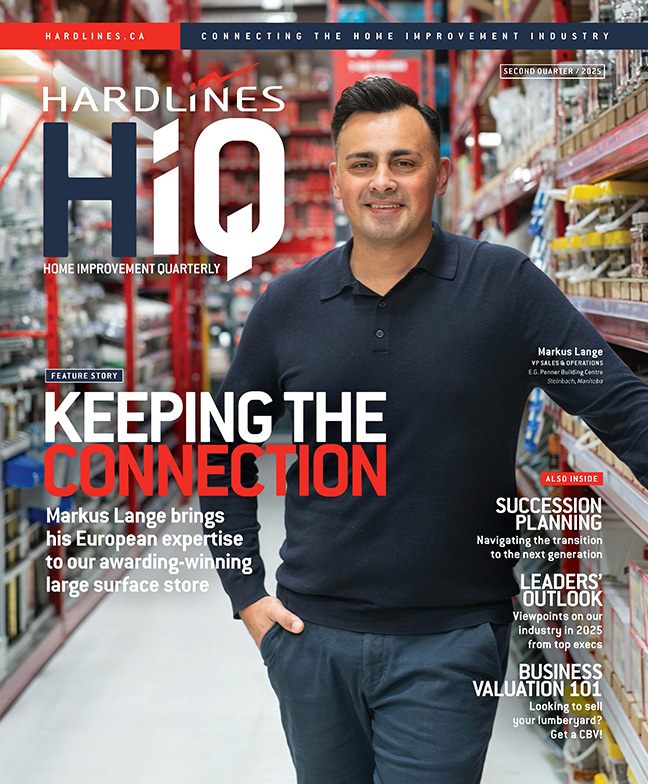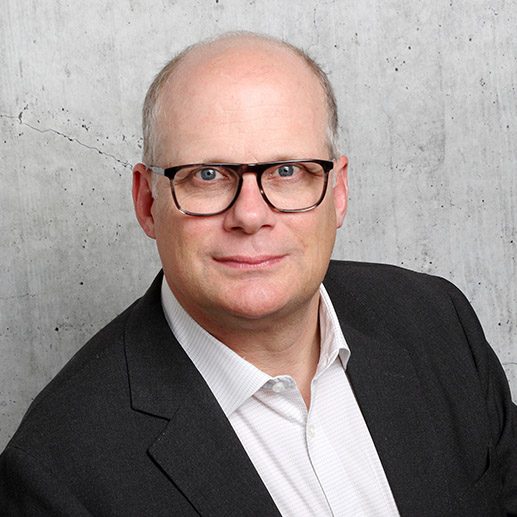 Tom Newton is an executive coach. As head of Trillium Executive Coaching, his focus is providing direction for the boss. “I help people—leaders who are growing in their position as they navigate change, helping them go from where they are to where they want to be.”
Tom Newton is an executive coach. As head of Trillium Executive Coaching, his focus is providing direction for the boss. “I help people—leaders who are growing in their position as they navigate change, helping them go from where they are to where they want to be.”
He has a firm grounding in the hardware industry, having been formerly with companies like ODL Inc., M-D Canada, and Colonial Elegance. From there, he pursued studies and got re-educated in a new career. He is now a professional certified coach (PCC) accredited by the International Coaching Federation, and has graduate certificates from Royal Roads University. His industry-specific background means he finds himself working with a lot of companies in the home improvement industry, and he admits he finds this industry more interesting than other sectors he has consulted with.
Newton has helped many home improvement retailers cope with the fallout of a flat year in 2023, following two years of explosive growth. As sales levels fell, company leaders have had to adjust big time. “In talking with sales and marketing people in this industry, it’s really tough to navigate that right now.” For him, the challenge is to help business leaders take meaningful next steps. “How are we going to invest in our leaders and how are we going to help them grow?”
Newton says his job is to help them find their way. “When you think about going to work, and who you work with and interconnect with, the coach should be the one person you can have a confidential conversation with, one that you might not have with your boss or even a close colleague.”

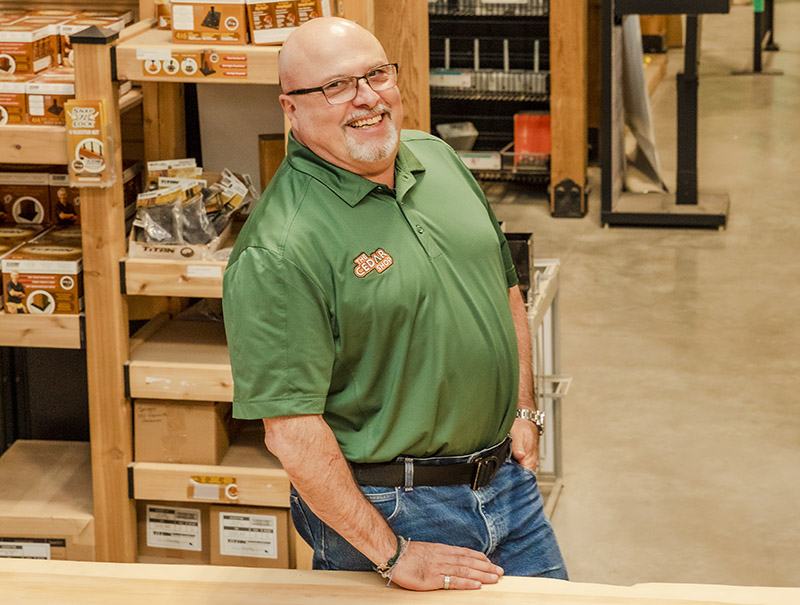 Mitch Wile is the president of The Cedar Shop, a Sexton-affiliated contractor store in Calgary. He’s spent 51 years in the home improvement retail industry. With plans to retire next year, Wile decided to pay back the industry that has been so good to him. That’s why he provides mentoring for two high school students every year in an innovative internship program.
Mitch Wile is the president of The Cedar Shop, a Sexton-affiliated contractor store in Calgary. He’s spent 51 years in the home improvement retail industry. With plans to retire next year, Wile decided to pay back the industry that has been so good to him. That’s why he provides mentoring for two high school students every year in an innovative internship program. Pierre Battah is an award-winning author and workplace leadership specialist. He is a long-time workplace columnist for CBC/Radio-Canada, a TEDx presenter, a former senior manager in HR, and was previously an associate professor in management. He holds an MBA and several professional designations. He is the new executive-in-residence and moderator at the Wallace McCain Institute for Entrepreneurial Leadership, and he recently received Rotary International’s highest distinction, the Paul Harris Award for outstanding contribution to the community. Battah’s book, Humanity at Work, Leading for Better Relationships and Results, won gold at the U.S. Nautilus Book Awards in 2020—and is a great read.
Pierre Battah is an award-winning author and workplace leadership specialist. He is a long-time workplace columnist for CBC/Radio-Canada, a TEDx presenter, a former senior manager in HR, and was previously an associate professor in management. He holds an MBA and several professional designations. He is the new executive-in-residence and moderator at the Wallace McCain Institute for Entrepreneurial Leadership, and he recently received Rotary International’s highest distinction, the Paul Harris Award for outstanding contribution to the community. Battah’s book, Humanity at Work, Leading for Better Relationships and Results, won gold at the U.S. Nautilus Book Awards in 2020—and is a great read. 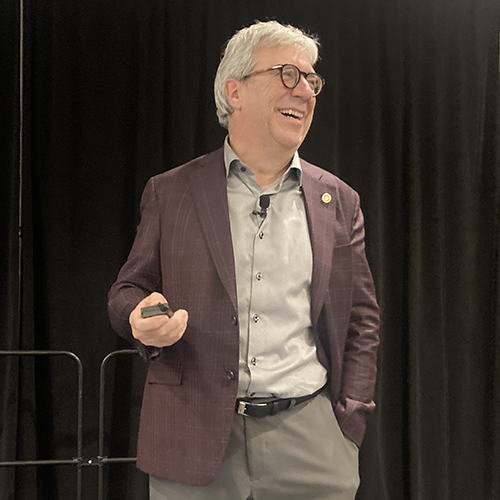 The Atlantic Building Supply Dealers Association held its second annual HR Conference last month, bringing together experts on hiring and recruitment with a room full of dealers looking for ways to cope with the ongoing shortage of available workers.
The Atlantic Building Supply Dealers Association held its second annual HR Conference last month, bringing together experts on hiring and recruitment with a room full of dealers looking for ways to cope with the ongoing shortage of available workers.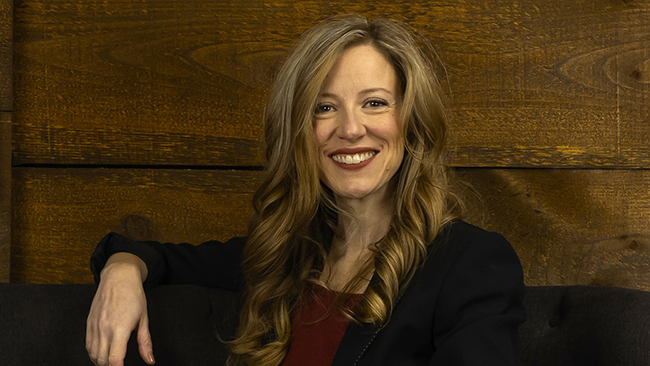 Sharing your story can be powerful.
Sharing your story can be powerful.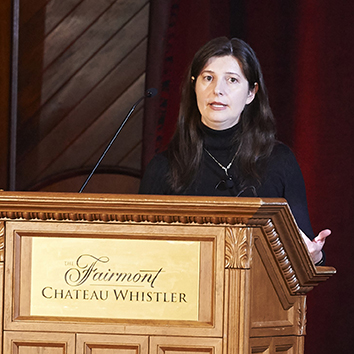 This month we hear again from Zaida Fazlic, vice president of people, culture, and change management at Taiga Building Products, the national building materials wholesaler.
This month we hear again from Zaida Fazlic, vice president of people, culture, and change management at Taiga Building Products, the national building materials wholesaler.
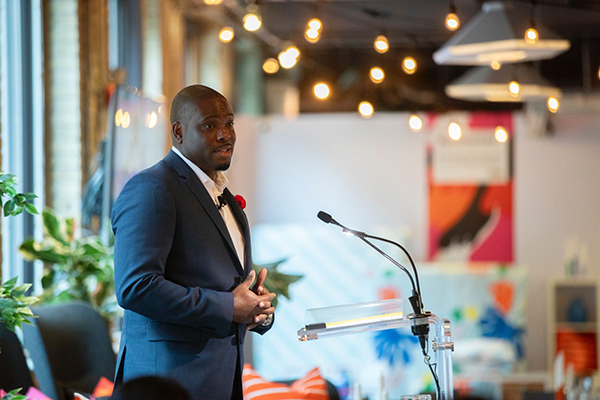 IKEA Canada organized an in-person event earlier this month to present its IKEA Canada Summary Report 2023. The report highlights the company’s ongoing growth and its commitment to making affordable, quality home furnishings that are accessible to Canadians.
IKEA Canada organized an in-person event earlier this month to present its IKEA Canada Summary Report 2023. The report highlights the company’s ongoing growth and its commitment to making affordable, quality home furnishings that are accessible to Canadians.